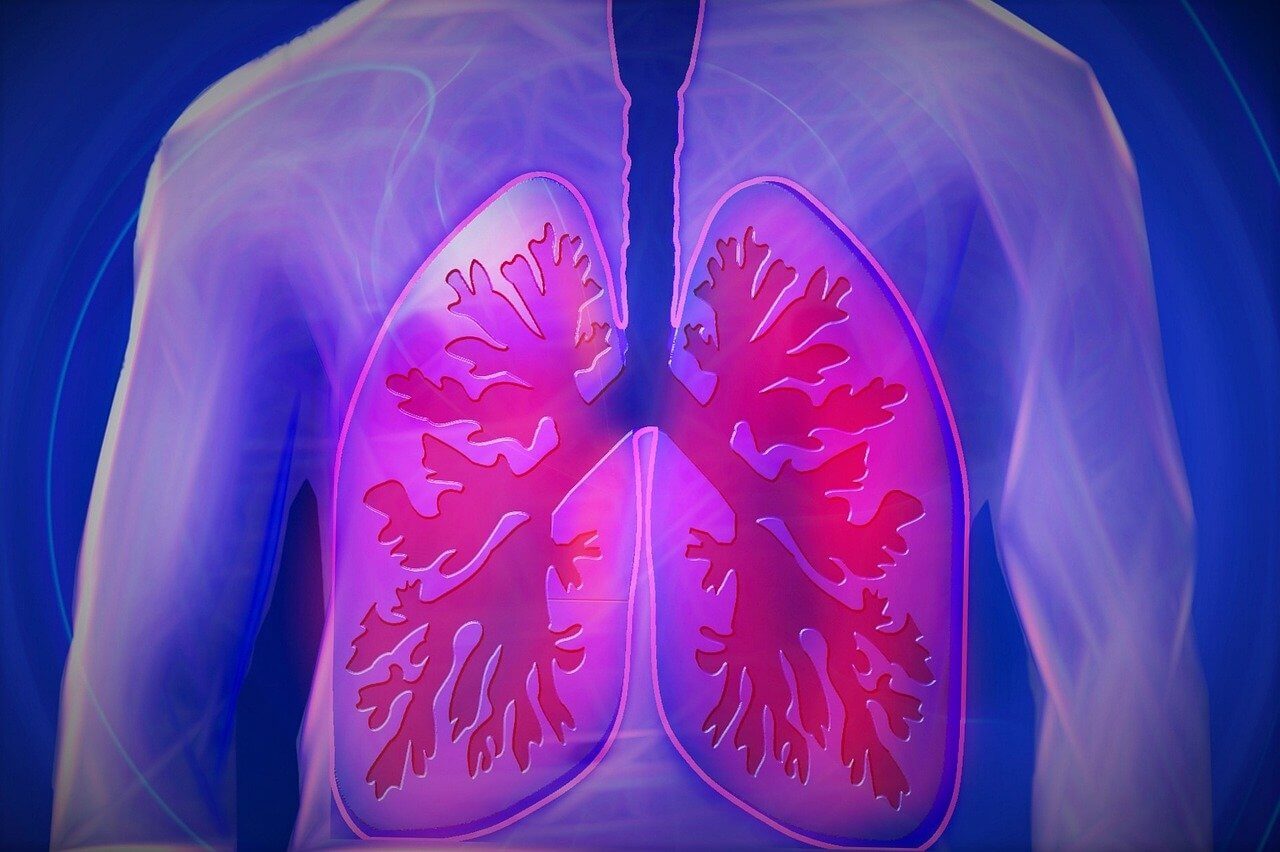Infection
Lab-grown mini lungs help unravel the mysteries of respiratory infections like COVID
‘These lungs are basically clones.’
NEW YORK — Understanding how infectious diseases impact our lungs can be challenging due to the variability in patient lung tissues. However, a new technological breakthrough using mini-organs grown on microchips could provide valuable insights into infections and potential drug treatments. Scientists at Rockefeller University have developed a cell culture technology platform that grows genetically identical lung buds from human embryonic stem cells.
By carefully dosing these cells with signaling molecules, they rapidly organize themselves into “micro lungs” that closely resemble human lung development.
“These lungs are basically clones,” says Rockefeller lab director Ali Brivanlou in a university release. “They have the exact same DNA signature. That way we don’t have to worry about one patient responding differently from another. Quantification allows us to keep the genetic information constant and measure the key variable—the virus.”
The mini lungs have already been infected with SARS-CoV-2, the virus causing COVID-19. They provide crucial insights into how the virus affects different lung cells. Researchers discovered that alveoli, which are responsible for gas exchange, were more susceptible to infection compared to airway cells. This finding sheds light on the vulnerability of specific lung structures and helps identify potential targets for therapeutic interventions.

By blocking certain signaling pathways, such as the bone morphogenetic protein (BMP) pathway, the vulnerability of lung cells to infection can be reduced. This knowledge opens the door to developing targeted treatments and preventive measures.
The potential applications of this technology extend beyond COVID-19. It can be utilized to study other respiratory diseases, such as influenza and pulmonary diseases, and to screen for new drugs. Furthermore, the platform can be expanded to study the development of synthetic organs and tissues, paving the way for modeling diseases and discovering therapeutic mechanisms.
In addition to its scientific advancements, this technology offers promising implications for future pandemics. Its ability to rapidly analyze and develop therapies directly in human tissue could revolutionize our response to emerging threats, allowing for faster and more precise interventions.
With mini organs on microchips, researchers are paving the way for a deeper understanding of lung infections and accelerating the development of treatments that can combat various diseases. The possibilities for medical breakthroughs are boundless, and this innovative technology stands ready to confront future challenges head-on.
The study is published in the journal Stem Cell Reports.



